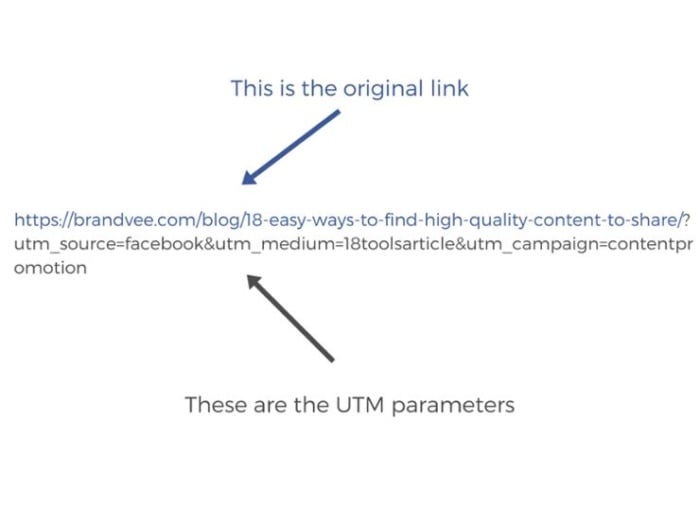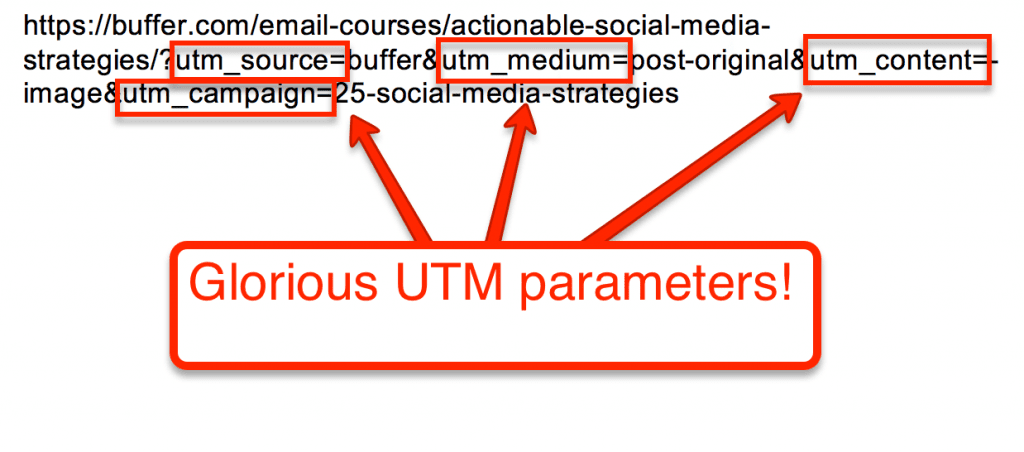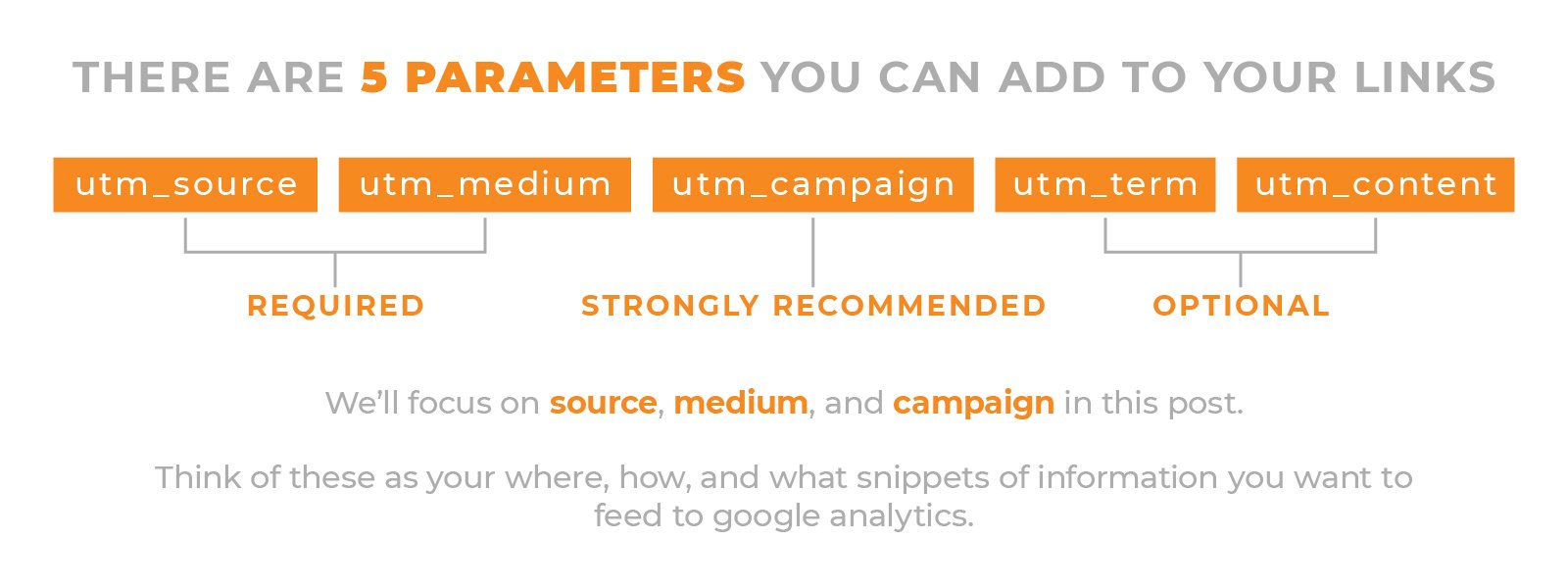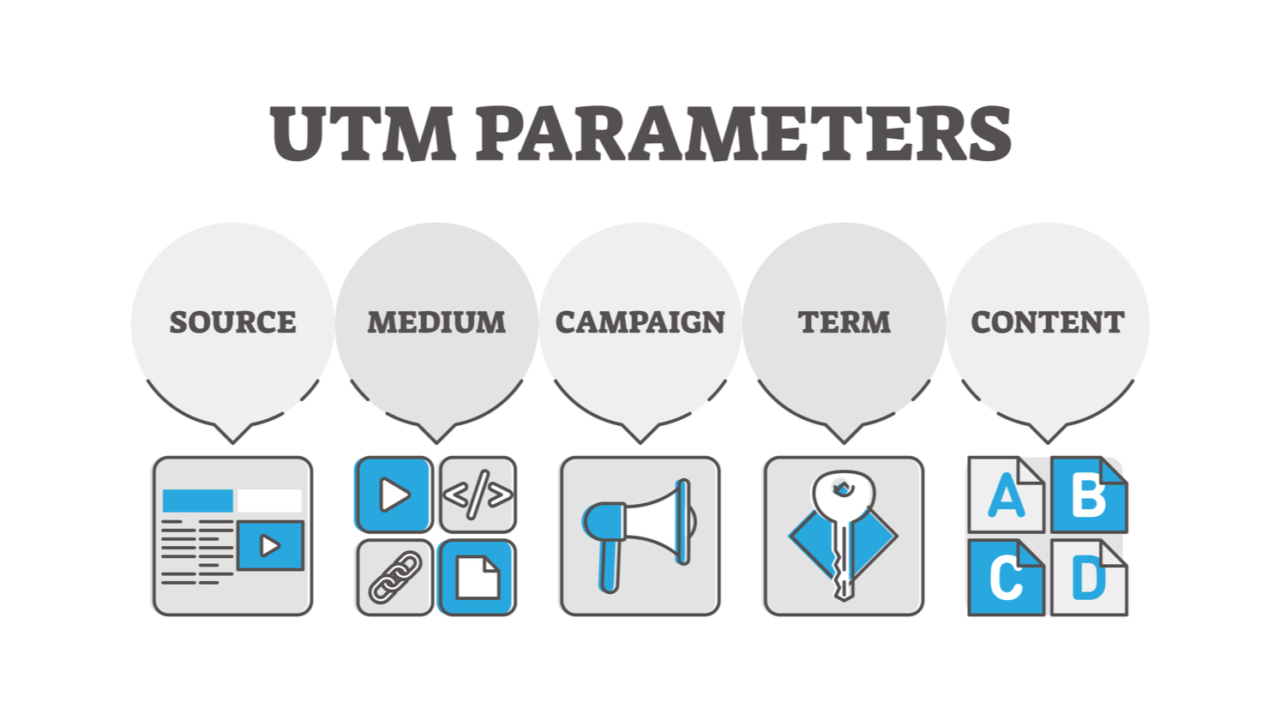UTM Parameters: Overview
UTM (Urchin Tracking Module) parameters are tags added to URLs to track the effectiveness of online marketing campaigns across various channels. The main parameters are utm_source, utm_medium, utm_campaign, utm_content, and utm_term. These tags help organizations understand which campaigns, channels, or even individual ads drive traffic, engagement, and conversions.
Real-Life Use Cases in E-commerce
Granular Campaign Tracking
E-commerce businesses use UTM parameters to distinguish traffic from different campaigns, such as holiday sales, product launches, or email promotions. For example, an online retailer struggling to track marketing effectiveness started tagging email and social media links with UTMs. This allowed them to identify which channels drove the most traffic and sales, leading to a 25% increase in sales after reallocating budget to the best-performing channels.
Multi-Channel Attribution
A software company running simultaneous campaigns on email, social media, and search engines used UTMs to track each channel’s contribution. By analyzing the data, they optimized their spend, achieving a 40% increase in sales and a 30% boost in ROI.
Personalized Email Marketing
A fashion retailer tagged links in their email campaigns with UTMs, enabling them to segment and personalize follow-ups based on user behavior. This strategy resulted in a 50% higher click-through rate and a 20% increase in conversions.
Product Launch Funnel Tracking
Companies like Zapier use UTMs to track the entire customer journey—from ads to email to social media. By tagging each campaign (e.g., “li-us-nua-linkedin-may_2022_v2”), they can attribute sign-ups and trials to specific campaigns and months, enabling precise ROI measurement.
Social Media ROI Measurement
E-commerce brands running promotions across Facebook, X, and Instagram use unique UTMs for each post. This allows them to compare which platform drives the most traffic and sales during a campaign, such as a Black Friday sale, and adjust their strategy accordingly.
Real-Life Use Cases in Non-Profit Campaigns
Multi-Channel Fundraising Tracking
Non-profits use UTMs to track donations and engagement from email, social media, paid ads, and partnerships. For instance, a non-profit running a year-end fundraising campaign can tag links in emails, Facebook posts, and partner websites differently. This helps identify which channels are most effective at driving donations and allows for budget optimization.
Event Promotion and Attendance
When promoting events (e.g., charity runs, webinars), non-profits tag registration links with UTMs based on the promotion channel. This reveals whether attendees came from email, social media, or a specific partner’s website, informing future outreach strategies.
Advocacy and Awareness Campaigns
For advocacy campaigns (e.g., petition drives, awareness months), UTMs help non-profits measure which messages and channels generate the most signatures or engagement. This data guides content and channel selection for future campaigns.
Grant and Partnership Reporting
Non-profits often need to report campaign outcomes to funders or partners. UTM data provides concrete evidence of which initiatives drove traffic, sign-ups, or donations, supporting transparency and accountability.
Comparison Table: E-commerce vs. Non-Profit UTM Use Cases
| Use Case | E-commerce Example | Non-Profit Example |
|---|---|---|
| Campaign Attribution | Track sales from Black Friday ads on Facebook vs. email | Track donations from year-end email vs. social media |
| Multi-Channel Optimization | Allocate ad spend to top-performing channels | Focus fundraising efforts on most effective platforms |
| Personalized Engagement | Segment email follow-ups based on link clicks | Tailor thank-you messages to donation source |
| Event/Product Launch Tracking | Attribute sign-ups to specific product launch campaigns | Attribute event registrations to promotion channel |
| Reporting & Accountability | Demonstrate ROI to stakeholders | Report campaign impact to donors and partners |
Key Takeaways
- UTM parameters enable precise tracking of marketing effectiveness across channels, campaigns, and even individual ads.
- E-commerce businesses use UTMs to optimize ad spend, personalize marketing, and measure product launch success.
- Non-profits leverage UTMs to maximize donations, track event attendance, and report campaign impact to stakeholders.
- Consistent UTM naming and regular data analysis are critical for actionable insights in both sectors.
By implementing UTM tracking, both e-commerce and non-profit organizations can make data-driven decisions, improve campaign performance, and demonstrate clear value to their stakeholders.





